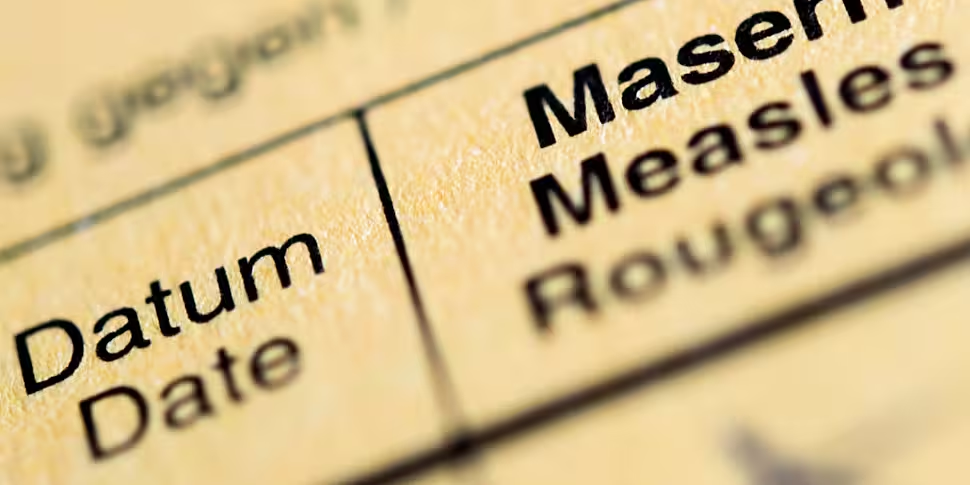Four European countries have lost their measles-free standing, according to the World Health Organisation (WHO).
Albania, Czech Republic, Greece and the United Kingdom lost their measles elimination status amid warnings Europe is "losing ground" in its efforts to eliminate the disease.
The four countries had their status removed following an annual meeting of independent experts, known as the European Regional Verification Commission for Measles and Rubella Elimination (RVC).
However, two other countries - Austria and Switzerland - have now gained the measles elimination status, having "demonstrated the interruption of endemic transmission for at least 36 months".
WHO says a Europe-wide surge in measles cases that began last year has continued in 2019.
There was around 90,000 cases reported in the first half of the year - compared to 84,000 over the whole of 2018.
Dr Günter Pfaff, chair of the European Regional Verification Commission for Measles and Rubella Elimination (RVC), said the change in status for four countries is "concerning".
He observed: "If high immunization coverage is not achieved and sustained in every community, both children and adults will suffer unnecessarily and some will tragically die."
The measles situation in Europe has prompted an emergency response from WHO to mobilise 'technical, financial and human resources' to support impacted countries.
Dr Zsuzsanna Jakab, WHO Regional Director for Europe, noted: “Great efforts to control this highly contagious disease have brought us a long way towards regional elimination. However, ongoing measles outbreaks demonstrate that more is needed.
"This is the time and opportunity to address any underlying health system, social determinants and societal challenges that may have allowed this deadly virus to persist in this Region".
Measles is highly infectious, and one case can infect up to 18 people.
The HSE advises that two-doses of the MMR (measles, mumps and rubella) vaccine is the safest and most effective way to protect against the disease.









